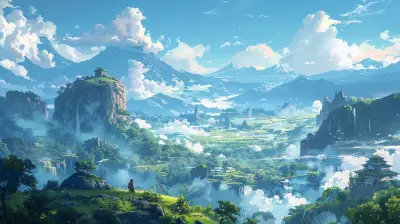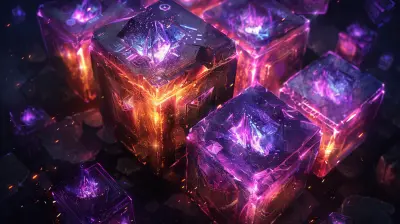Exploring the Tragedy in the Ending of Shadow of the Colossus
19 November 2025
Shadow of the Colossus isn’t just a game—it’s an experience. It pulls you into a vast, haunting world filled with mystery, silence, and colossal beings that seem to belong in myth rather than a PlayStation disc. From the moment you step into the Forbidden Lands, the weight of your actions starts to settle in. And by the time you reach the game’s tragic ending, you're left wondering, “Was I the hero or the villain?”
Let’s unravel the emotional gut-punch that is the ending of Shadow of the Colossus and uncover what really makes it a tragedy worth talking about.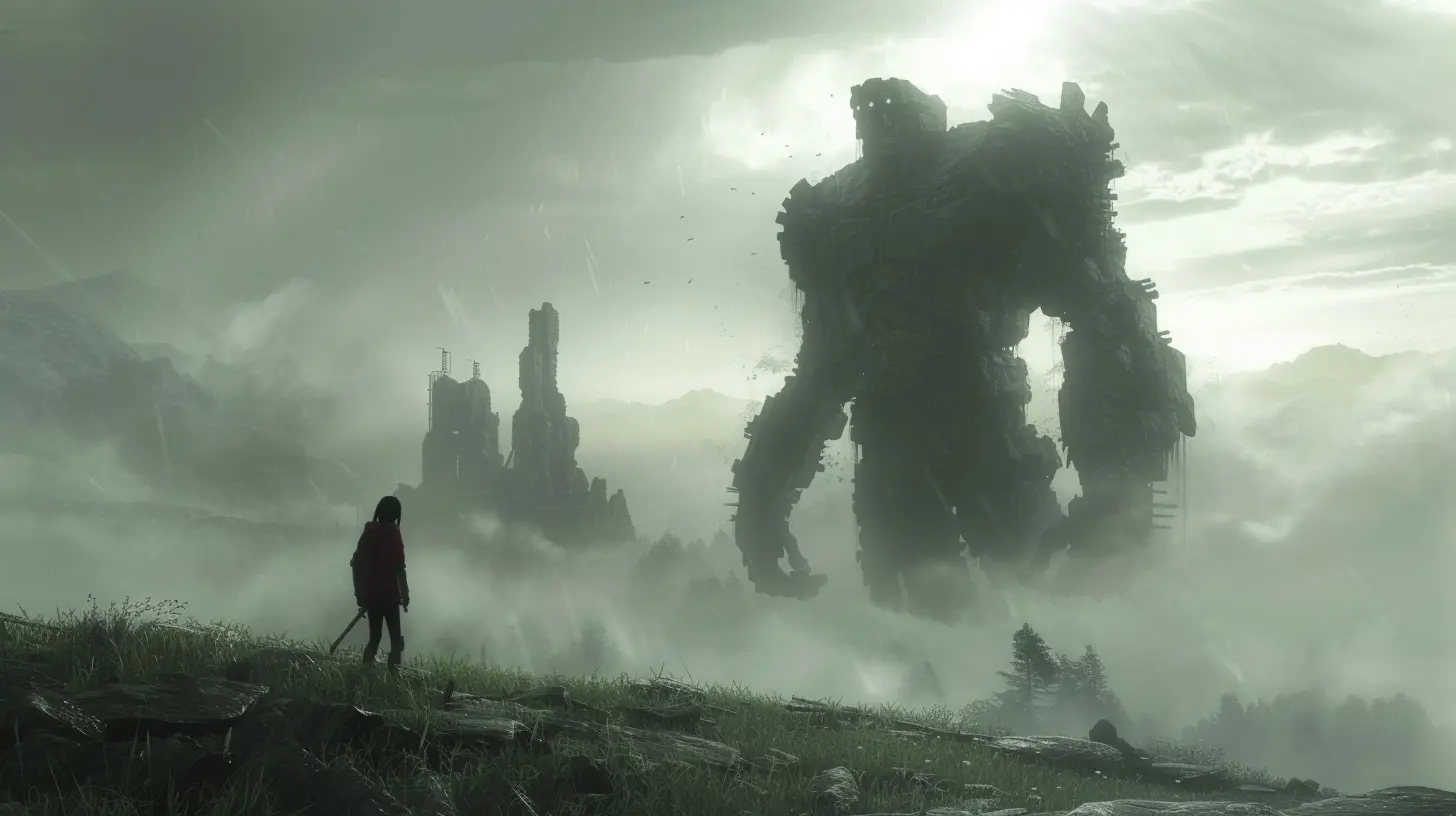
The Journey Begins With Desperation
At its core, Shadow of the Colossus sets a somber tone right from the get-go. You, as Wander, enter the Forbidden Lands with a singular goal—bring a girl named Mono back to life. Sounds noble, right? But here’s where things already start feeling off.You're told by the mysterious entity Dormin that there's a way to revive her. The catch? You have to take down sixteen colossi—massive, ancient beings that roam the land. No explanation, no backstory—just stab these towering creatures to death with your sword, and you might just get what you're asking for.
Seems simple. But it's never really that simple, is it?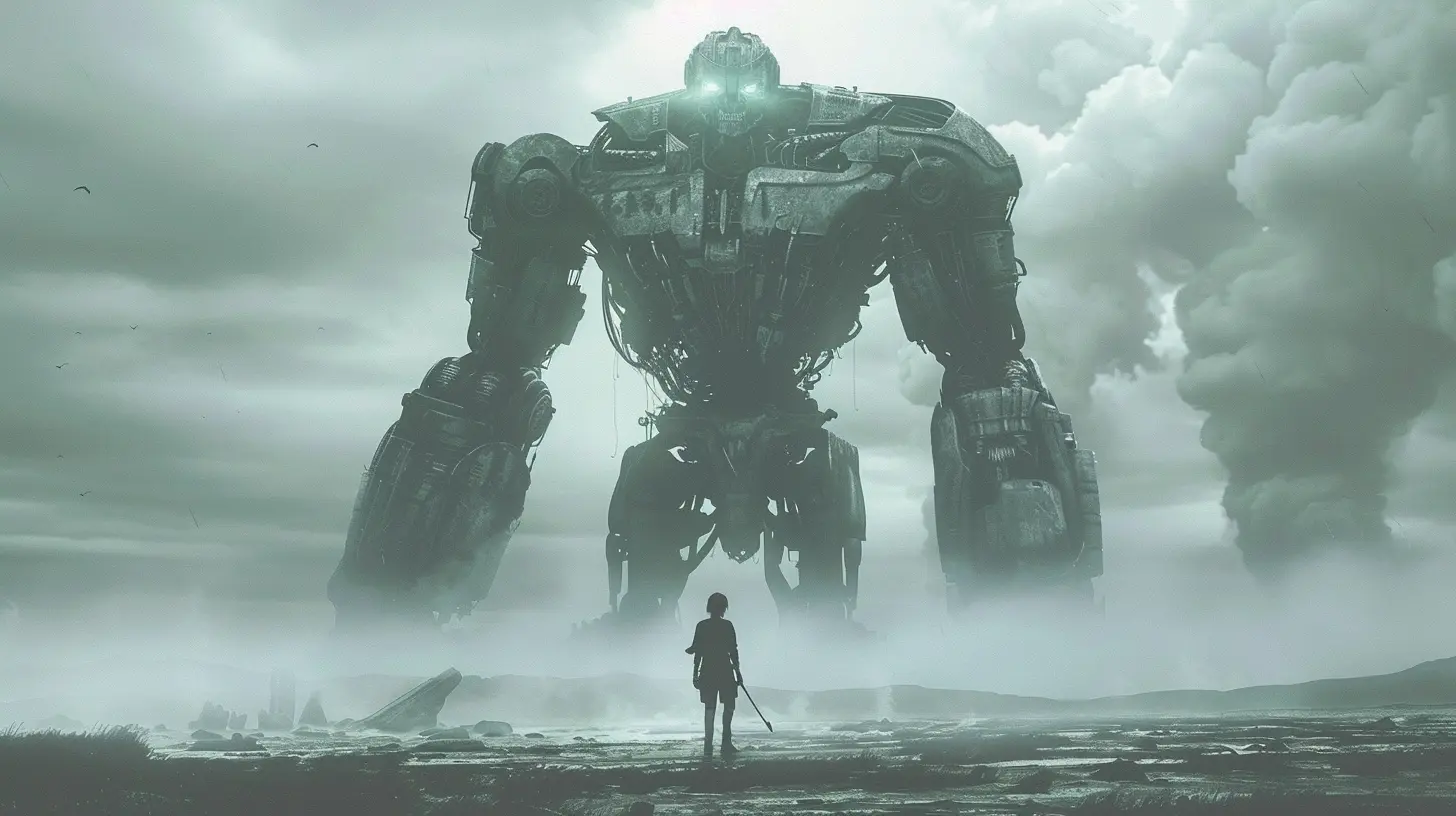
The Colossi: Are They Really the Enemy?
The colossi are unlike any typical video game “boss.” They're not aggressive unless provoked. They don’t chase you down or try to harm you unprovoked. Some barely respond until you climb their fur-covered bodies and start stabbing away.It’s here that the game starts to flip the script.
Have you ever finished a battle and felt… guilty?
These aren't monsters. They're majestic, ancient guardians, and each time you defeat one, you feel like you’ve done something wrong. That unsettling silence after each colossus falls? That’s the game’s brilliant way of telling you, “This isn’t right.”
Maybe they weren't obstacles after all. Maybe they were protectors.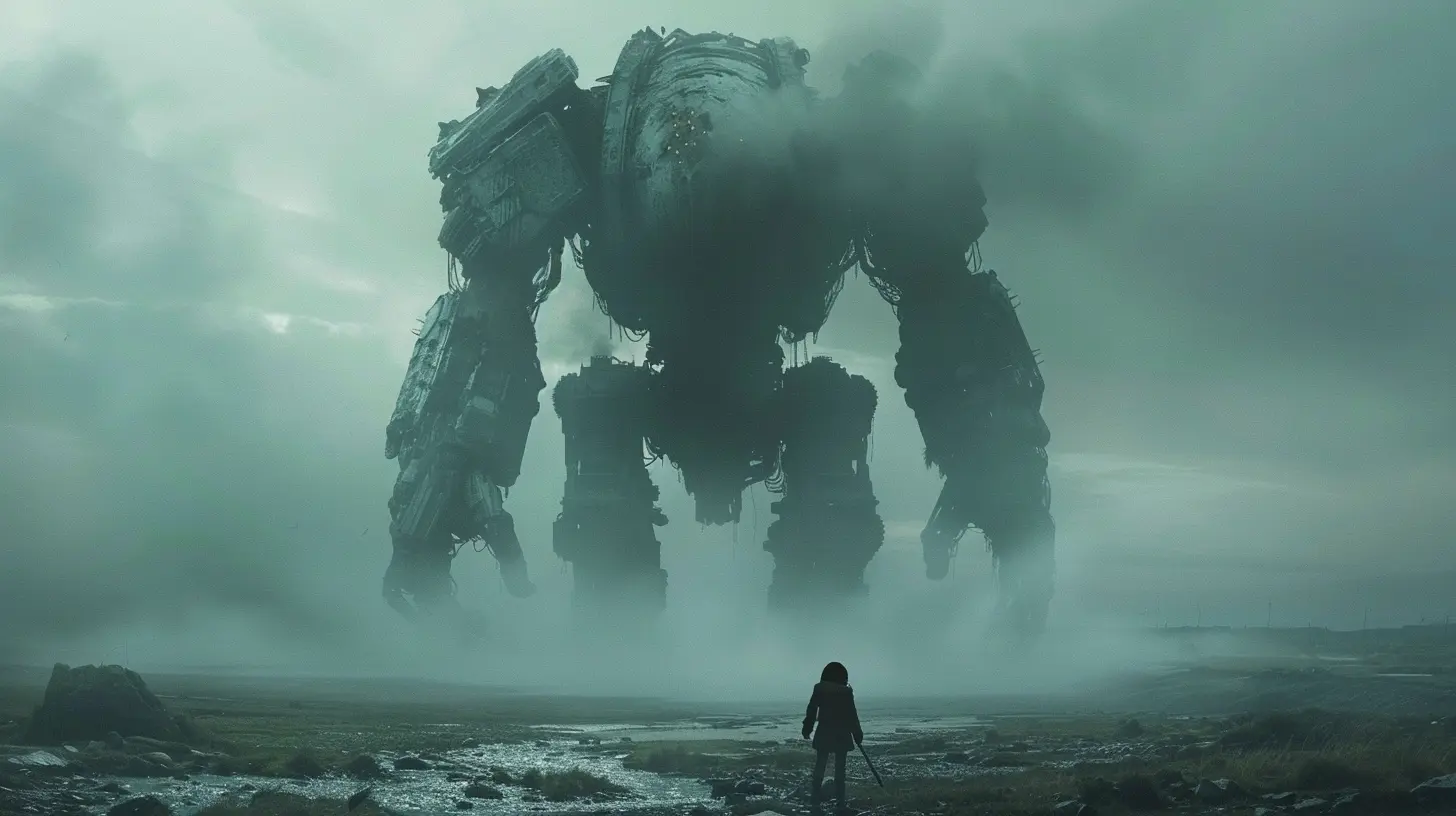
The Real Cost of Obsession
By the time you've taken down half the colossi, something unsettling happens. Wander begins to change. His skin pales. Dark veins creep across his body. His once youthful face starts to look... corrupted.And this is when it hits you—you’re sacrificing pieces of yourself every time you kill one of these beings. You’re changing. You're not just on a mission of love anymore; you're descending into something darker. Your obsession with reviving Mono is eating you alive—literally.
It’s a powerful metaphor. How often do we justify our choices—even the awful ones—by saying we’re doing it “for love” or “for a greater good”?
Shadow of the Colossus forces us to confront that question head-on.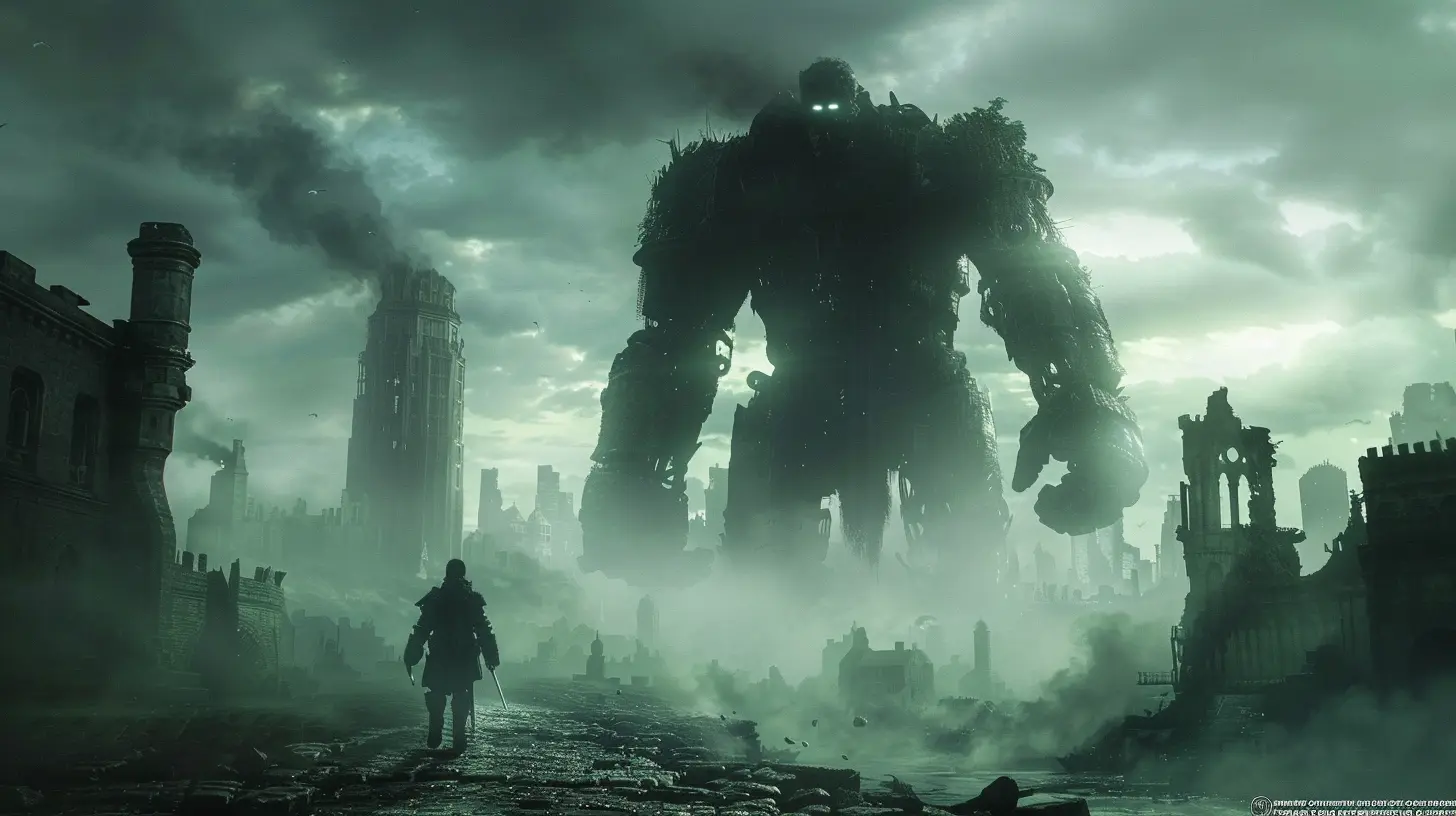
Dormin’s True Nature: The Devil in Disguise?
So, who—or what—is Dormin?The thrilling twist arrives when you realize that each colossus contains a fragment of Dormin’s soul. With every one you kill, you're not just clearing a “game level” —you’re releasing a piece of something ancient and dangerous.
By the time all 16 colossi fall, Dormin is resurrected, but not in the way you’d expect. He possesses Wander completely, turning him into a towering dark creature—a fusion of everything you've done wrong. It’s poetic, isn’t it?
You made a deal with the devil, and now you’ve become the monster.
The Climactic Fall: When the Hero Becomes the Horror
The final moments are as cinematic as they are heartbreaking.Armed soldiers arrive, led by Lord Emon, the man who tries to stop this whole nightmare. They confront the possessed Wander, now a gigantic demonic figure. It’s all over. There’s no turning back.
What follows is tragic. As Lord Emon performs a sealing ritual, Dormin is sucked into a vortex—and so are you. Wander, or whatever remains of him, is dragged into the abyss, clawing, reaching out with the last fragments of his soul.
It's not just the end of a life… it’s the end of a purpose. A final, tragic answer to the question: “Was it worth it?”
The Bittersweet Epilogue: A Glimmer of Hope?
Just when you think the darkness has consumed everything, the story gives you a strange, bittersweet closure. Mono awakens—miraculously, confusingly—without really knowing why. She finds Agro, Wander’s loyal horse, limping and battered but alive, leading her to a pool of water.And there? A baby with tiny horns. Could this be Wander, reborn? A new life born from all the chaos and tragedy?
This cliffhanger is subtle, but powerful. It leaves us with more questions than answers, and that’s what makes it unforgettable.
What Makes This Ending So Uniquely Tragic?
Unlike other games where tragedy usually stems from war, destruction, or loss of a beloved character, Shadow of the Colossus plays with moral ambiguity. It makes you the cause of the tragedy.You chose to kill those colossi.
You ignored the warning signs.
You made a pact you didn’t fully understand.
And as a result, you lost everything to gain… what?
It’s a tragedy not because the hero dies, but because he was never really the hero at all. He was a flawed human being who loved too hard, wanted too much, and paid the ultimate price.
Why This Ending Stays With You
There are plenty of games with plot twists, emotional cutscenes, or shocking final bosses. But Shadow of the Colossus is different. It doesn’t tell you how to feel—it makes you feel it.The empty world, the melancholic music, the slow realization that you may be doing something terrible—it all builds up to that haunting ending. And even after the credits roll, you sit in silence, questioning everything.
You can’t shake it off. Not after what you’ve done.
That’s the mark of a true tragedy.
A Masterclass in Storytelling through Gameplay
What’s truly beautiful about Shadow of the Colossus is how it tells its story. It doesn’t rely on endless dialogue, cinematic cutscenes, or exposition dumps. Every inch of the world, every battle, and every moment of silence contributes to a bigger picture.The game is a minimalist masterpiece. It lets you feel the story rather than just experience it.
You come in thinking you’re playing an action-adventure game. You leave realizing you’ve just lived through a Shakespearean tragedy disguised in pixels and polygons.
Final Thoughts: It's Not Just a Game, It's a Lesson
Shadow of the Colossus does something rare—it makes you question the very nature of your actions within a game world. It holds up a mirror and asks, "Are you the savior or the sinner?"The tragedy of its ending isn’t just about loss or death. It’s about obsession, consequence, and the price of playing god.
And that, my friend, is what makes it one of the most powerful endings in gaming history.
all images in this post were generated using AI tools
Category:
Game Endings ExplainedAuthor:

Pascal Jennings
Discussion
rate this article
1 comments
Damian Warner
Great article! Shadow of the Colossus really hits hard with its ending. It’s a beautiful tragedy that sticks with you long after the game is over.
November 22, 2025 at 5:09 AM

Pascal Jennings
Thank you! I completely agree—its haunting ending leaves a lasting impact and really encapsulates the game’s emotional depth.

